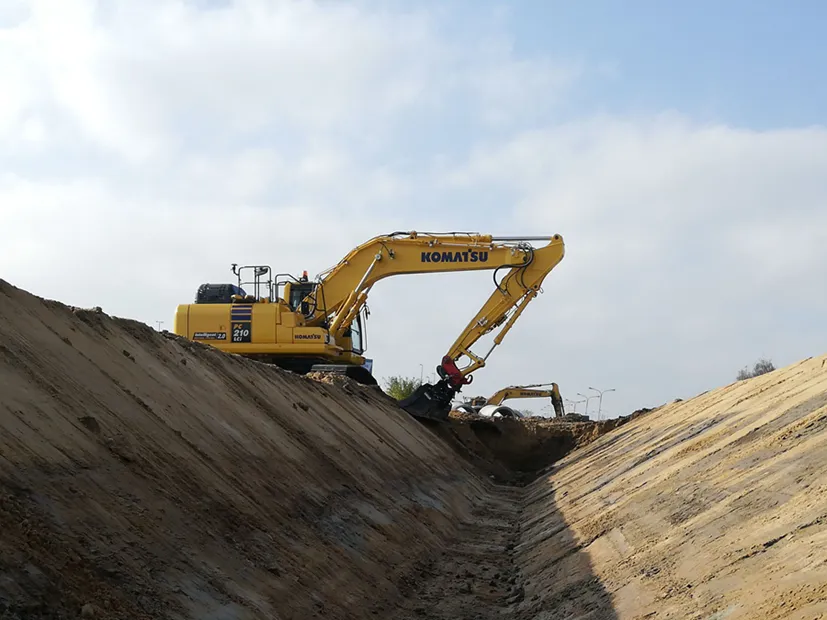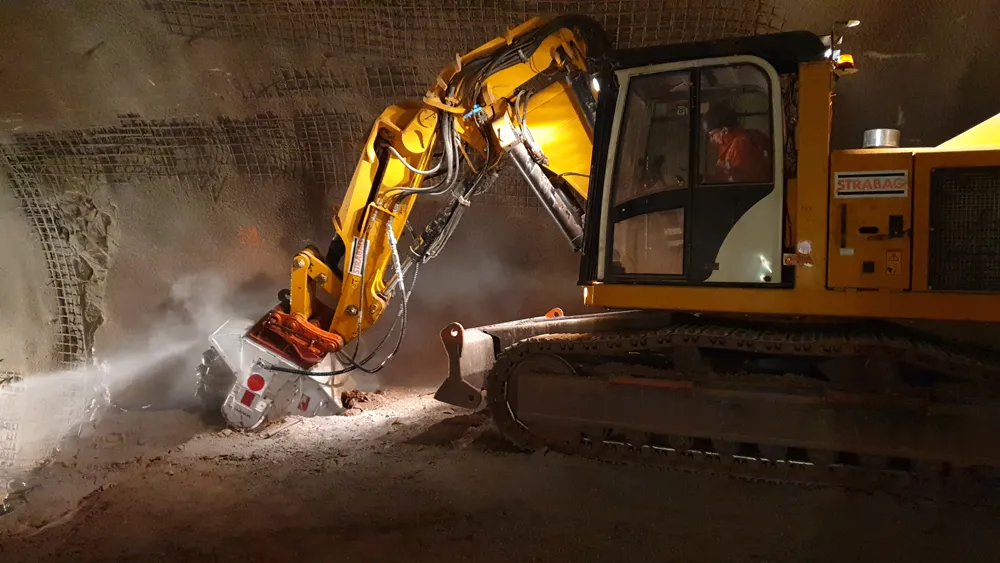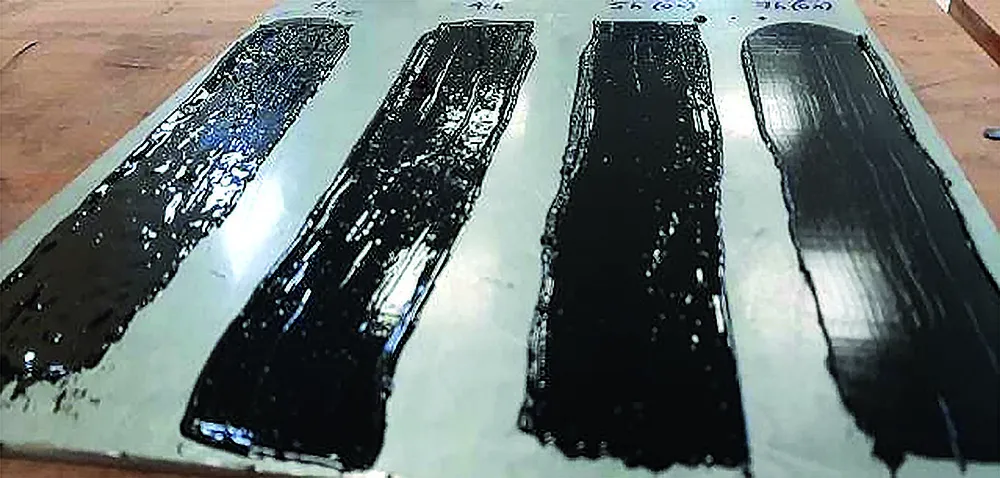
Today, asphalt suppliers and road contractors need to better understand the chemical properties of bitumen, says Menestrina, the fourth generation of his family to work in the business. “The focus is moving away from asking the supply chain to provide you with the products you need to work with the feedstock you receive and adapting it in-house,” he says. “You can’t rely on someone upstream to do that anymore.”
Changes to the bitumen refining process mean that today’s bitumen is very different from ‘straight run bitumen’, which could go straight from the refinery to the road. Knowing the chemical composition of a customer’s bitumen, Menestrina can advise on how it can be improved, drawing on its 100 years-plus of experience.
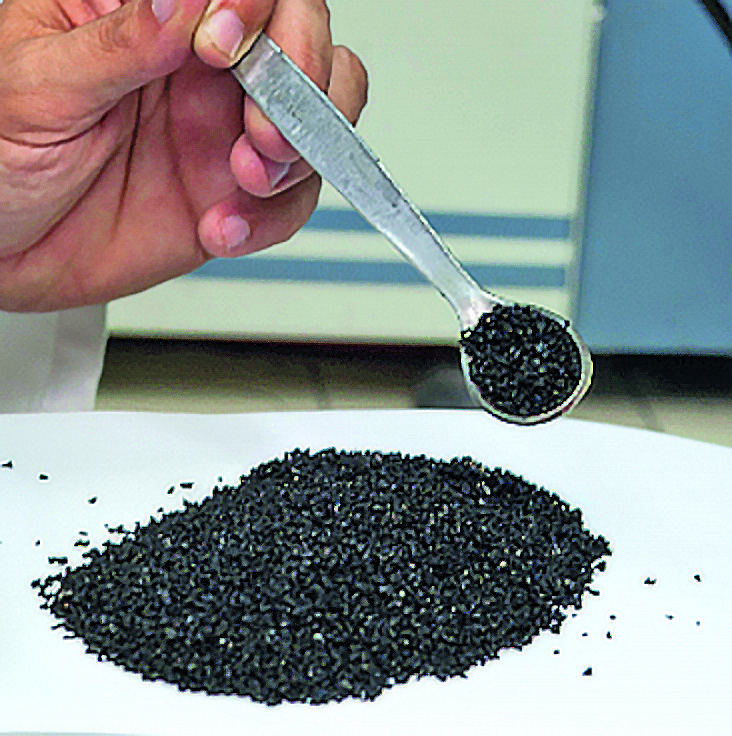 Menestrina’s air-blowing technology, developed originally for the roofing industry, has more recently been deployed on bitumen for roads. A gentler form of air blowing, sometimes called air rectifying, creates multigrade bitumen, which retains its viscosity over a wider range of temperatures.
Menestrina’s air-blowing technology, developed originally for the roofing industry, has more recently been deployed on bitumen for roads. A gentler form of air blowing, sometimes called air rectifying, creates multigrade bitumen, which retains its viscosity over a wider range of temperatures.
“By passing a stream of air through the bitumen under certain processing conditions, a chemical reaction takes place which is part oxidisation and part dehydrogenation and which changes the molecular chains in such a way that the performance of the bitumen changes,” explains Menestrina.
Since the early 2000s, Menestrina has been supplying these plants to Australia and Southeast Asia. “They are ahead of Europe, but it is a trend that will come here too,” says Menestrina. Around 90% of Menestrina’s turnover comes from overseas business, with its strongest markets currently including Texas and Florida in the US, Belgium, the Netherlands, Australia, Malaysia and Singapore.
Menestrina also has a long history with polymer-modified bitumen since Menestrina’s father worked with Italian chemical engineer Giulio Natta who won the Nobel Prize for Chemistry in 1963 for his work with polymers. Based in Trento, the company supplies larger PMB plants to refineries, asphalt plants and contractors.
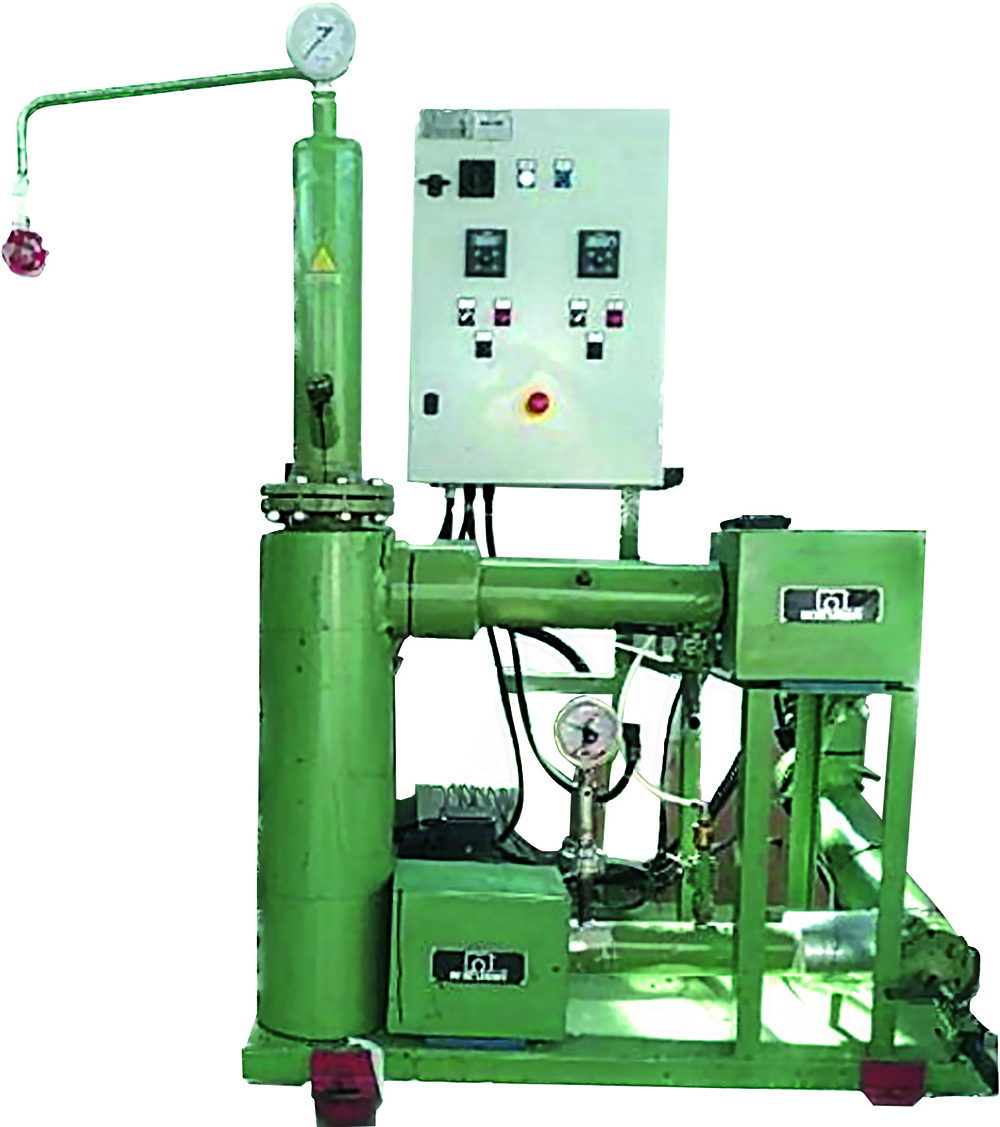 Now Menestrina has developed a new air-blowing system called Oxyboost. This involves air blowing at certain temperatures and pressures in a closed-loop reactor. “It is a new technology with a patent pending,” says Menestrina. “There are many possible applications for it.”
Now Menestrina has developed a new air-blowing system called Oxyboost. This involves air blowing at certain temperatures and pressures in a closed-loop reactor. “It is a new technology with a patent pending,” says Menestrina. “There are many possible applications for it.”
One of the applications that Menestrina is working on, in partnership with bitumen laboratory MOPI, uses Oxyboost to transform recycled tyre rubber into a binder. “The Oxyboost process breaks the bonds of the molecules that form the rubber in the same way as when pyrolysis happens, but at a much lower temperature,” says Menestrina.
During a development programme over the last three years, Menestrina has built a pilot unit, which MOPI has tested and operates at 300˚C. It has also built an industrial unit, but this needs to be improved after initial testing, says Menestrina. “Although it’s a technique that is relatively simple in principle, moving from the concept to reality is not at all straightforward.”
The rubber-derived binder has been used in the laboratory to replace 20% of the bitumen in an asphalt mix, but the optimum proportions have yet to be investigated.
Once fully developed, Menestrina imagines plants for breaking down waste tyre rubber at every refinery. “Society is demanding that we use more recycled content and reduce our use of hydrocarbons,” says Menestrina. “This technology would allow us to do exactly that.”



